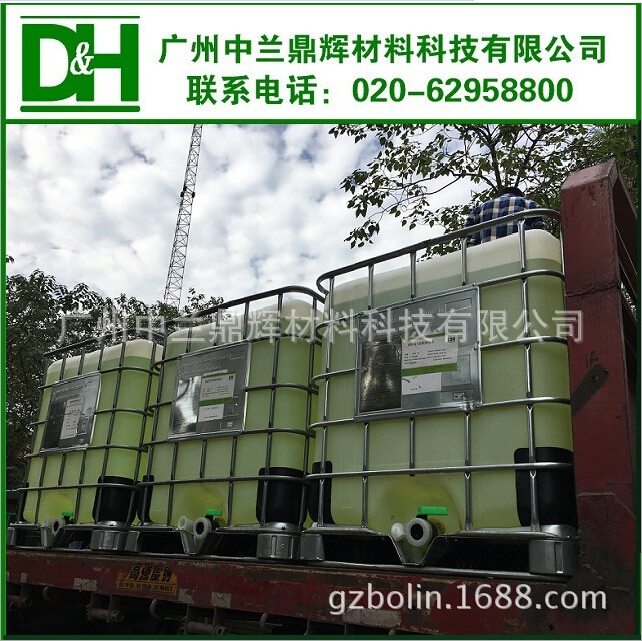[Industrial products] content can be customized
[Common models] 10%, 11%, 12%, 13%
[Physical and chemical indicators]
project | index |
Effective chlorine | 10.0~13.0 |
Free base | 0.1~1.0 |
Iron ion | ≤0.005 |
Heavy metal (Pb) | ≤0.001 |
Heavy metal (As) | ≤0.0001 |
Testing standard | GB19016-2003 Class A |
[Introduction]
Sodium hypochlorite disinfectant can kill almost all microorganisms, including bacterial propagules, cell spores, fungi, mycobacteria and hepatitis viruses, and various infectious virus bacteria.
The mechanism of bactericidal action of sodium hypochlorite on microorganisms is as follows: sodium hypochlorite has strong adsorption penetration to the cell wall, and can effectively make the oxidized cells contain sulfhydryl-based enzymes, and rapidly inhibit the synthesis of microbial proteins to destroy microorganisms.
Sodium hypochlorite is currently the most widely used and inexpensive disinfection product in domestic enterprises.
Sodium hypochlorite is widely used in drinking water, hospital sewage, urban sewage, industrial circulating water, chemical environmental wastewater, aquaculture, pulp production, poultry slaughter, indoor air, beer manufacturing, food processing, swimming pool water circulation, appliance washing and many other fields. Its performance is sterilization, disinfection, algae removal, mud removal, bleaching, decolorization, deodorization, oxidation, anti-corrosion, preservation, anti-mildew, cyanogen-killing, and phenol breaking.
【advantage】
1, broad spectrum and efficient
2, low cost
3, not affected by PH value
4, fast and lasting
5, safe and non-toxic
[Scope of application]
1. Disinfection of living, drinking and tap water;
2. Sterilization, disinfection and air environment disinfection of restaurants, hotels, homes and tableware sanitary facilities;
3. Final sterilization and disinfection of equipment, pipes and containers in food, beverage and fermentation industries;
4. Sterilization of pipelines, facilities and environment in dairy factories and slaughterhouses;
5. Sterilization and disinfection of hospital sewage;
6. Sterilization and disinfection of swimming pools, industrial circulating water and bath water;
7. Anti-mildew treatment of disinfection, sterilization and deodorization of hospitals, health and clinical equipment;
8. Preservation and final rinsing and disinfection of foods such as households, hotels, restaurants, fruits and vegetables, fish and other foods;
9. Configure various oral disinfectants, deodorants and wound cleaning fluids;
10. Sterilization and deodorization in wastewater reuse;
11. Bleaching agents for flour and various foods;
12. Bleaching agents in the papermaking, printing and dyeing industries;
13. Cyanide treatment of electroplating cyanide-containing wastewater, decolorization treatment of printing and dyeing wastewater, and algae sterilization treatment of industrial cooling water;
14. Aquaculture is used to kill algae and sterilize, reduce harmful toxins in water quality, and improve the breeding environment;
15. The plant and flower planting industry is used to kill mold, remove pests, improve the acid and alkali components of the soil, and is conducive to plant growth.






